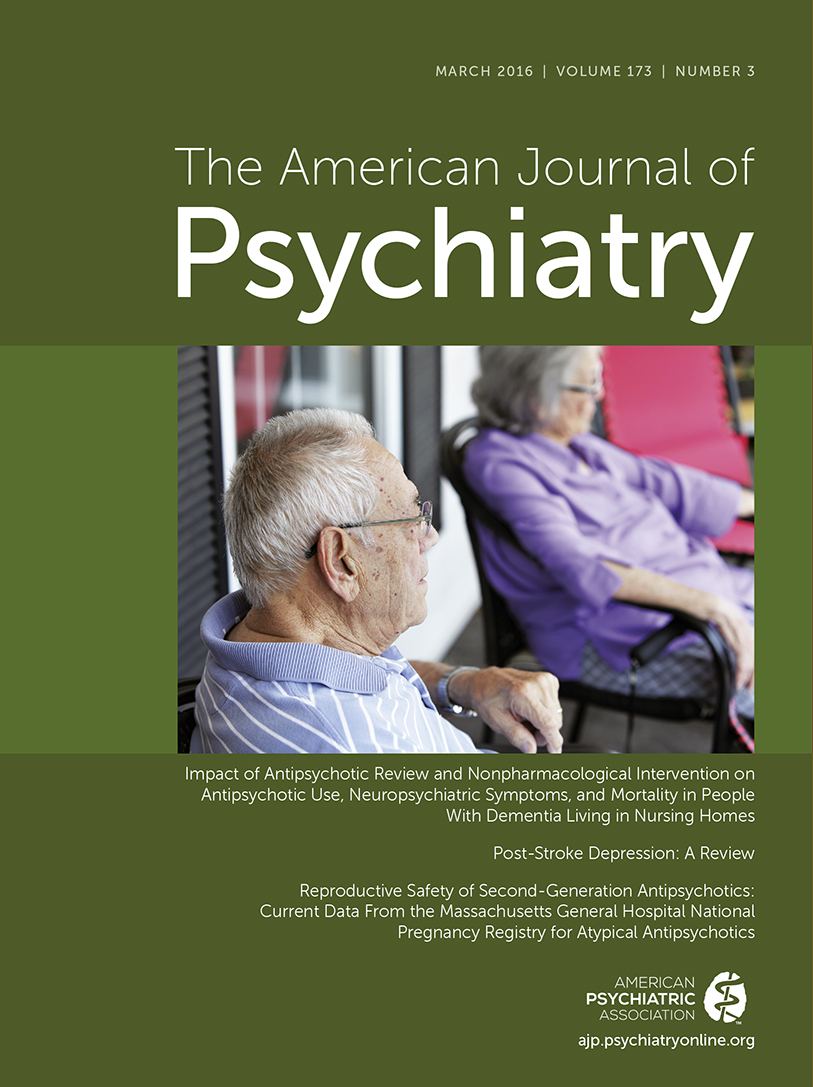An 8-Week Randomized, Double-Blind, Placebo-Controlled Evaluation of the Safety and Efficacy of Cariprazine in Patients With Bipolar I Depression
Abstract
Objective:
The authors evaluated the efficacy, safety, and tolerability of cariprazine, an atypical antipsychotic candidate, in adult patients with acute bipolar I depression.
Method:
This was an 8-week multinational, multicenter, randomized, double-blind, placebo-controlled, parallel-group, fixed-dose study in adult patients with bipolar I disorder experiencing a current major depressive episode. Patients were randomly assigned (1:1:1:1) to receive placebo or cariprazine at 0.75, 1.5, or 3.0 mg/day. The primary and secondary efficacy parameters were change from baseline to week 6 on the Montgomery-Åsberg Depression Rating Scale (MADRS) and the Clinical Global Impressions severity subscale (CGI-S), respectively, analyzed using a mixed-effects model for repeated measures on the modified intent-to-treat population.
Results:
The intent-to-treat population comprised 571 patients (141 in the placebo group and 140, 145, and 145 in the cariprazine 0.75-, 1.5-, and 3.0-mg/day groups). Cariprazine at 1.5 mg/day showed significantly greater improvement on MADRS total score change from baseline to week 6 compared with placebo; the least squares mean difference was −4.0 (95% CI=−6.3, −1.6; significant after adjustment for multiple comparisons). Cariprazine at 3.0 mg/day showed greater MADRS score reduction than placebo (−2.5, 95% CI=−4.9, −0.1; not significant when adjusted for multiple comparisons). The 0.75 mg/day dosage was similar to placebo. A similar pattern for significance was observed on the CGI-S (1.5 mg/day: least squares mean difference=−0.4, 95% CI=−0.6, −0.1; 3.0 mg/day: −0.3, 95% CI=−0.5, −0.0). The most common adverse events (≥10%) in cariprazine-treated patients were akathisia and insomnia; weight gain was slightly higher with cariprazine than with placebo.
Conclusions:
Cariprazine at 1.5 mg/day demonstrated consistent efficacy compared with placebo across outcomes and was generally well tolerated, suggesting efficacy for the treatment of bipolar I depression.



